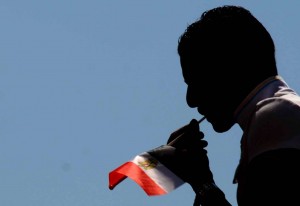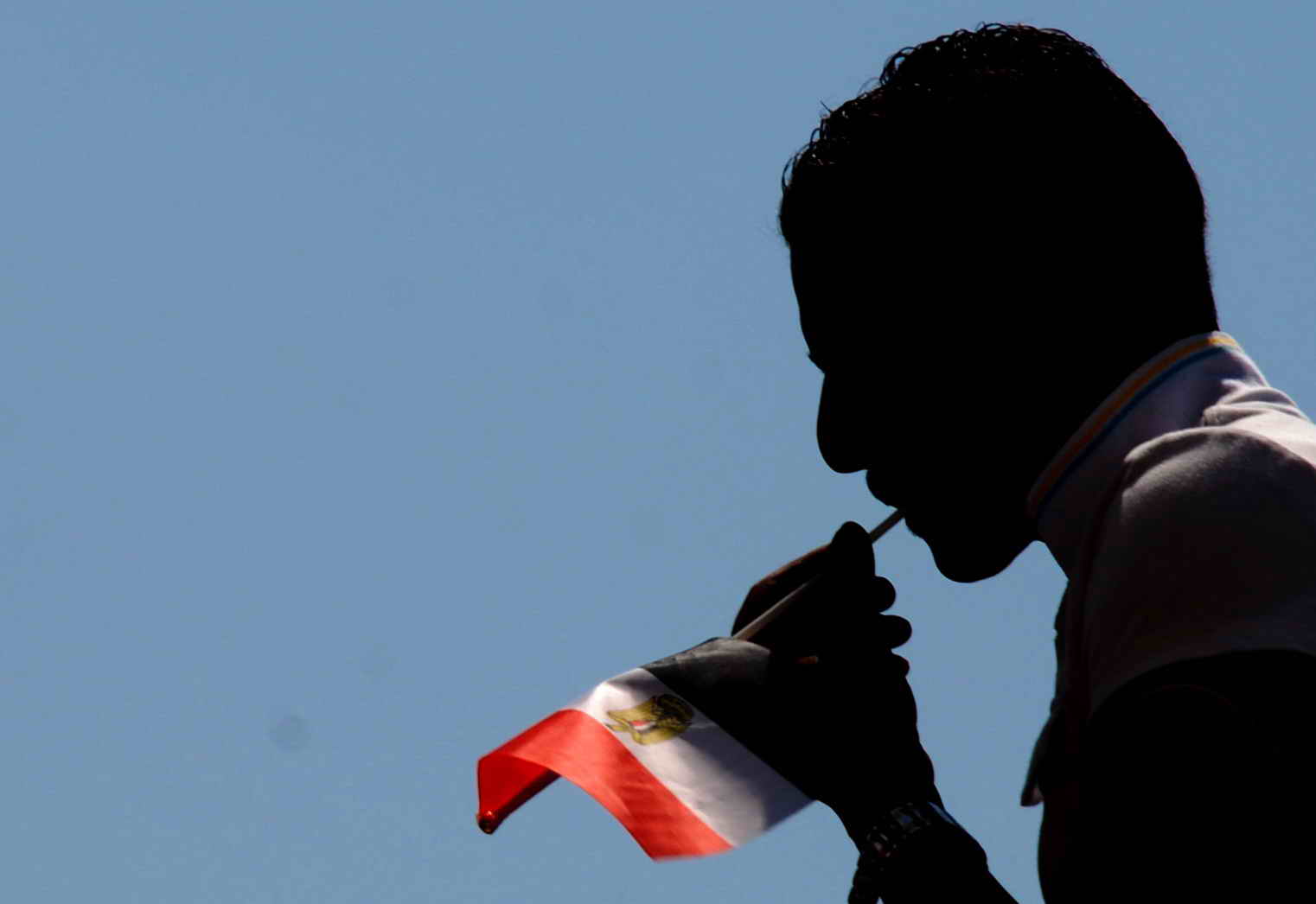 After finally being declared Egypt’s first civilian president, Mohamed Morsi will now focus on obtaining his full presidential powers from Egypt’s ruling military council.
After finally being declared Egypt’s first civilian president, Mohamed Morsi will now focus on obtaining his full presidential powers from Egypt’s ruling military council.
The Supreme Council of Armed Forces, which has been ruling Egypt ever since the ouster of former President Hosni Mubarak, is set to officially hand over power next week.
However, only a week before Morsi’s victory, SCAF released a supplementary constitutional decree heavily curbing the next president’s powers, specifically on matters of defence. Morsi will be unable to declare war or send troops onto the streets in times of emergency without SCAF’s approval. He will not be able to change the membership of SCAF which will act as the sole decision maker on all military affairs until a new constitution is written.
Having dissolved the People’s Assembly, the lower house of parliament, SCAF has assumed the parliament’s legislative power. The decree potentially gives SCAF the right to form the Constituent Assembly tasked with drafting Egypt’s new constitution, and SCAF maintains the right to veto any of its proposed clauses.
Morsi, who resigned from his posts in both the Muslim Brotherhood and Freedom and Justice Party upon being named president, said he rejects both the constitutional decree and the dissolution of the PA.
Demonstrators took to Tahrir Square after the Presidential Elections Committee delayed the announcement of the election results, in order to protest the delay and the dissolution of parliament.
Initially joyful in the wake of Morsi’s victory, the protesters, who have been staging a sit-in for a week, are now saying they will not leave Tahrir until the constitutional decree and the decision to dissolve the PA are reversed.
FJP officials, including the Secretary General of the Cairo branch and former Member of Parliament Mohamed El- Beltagy, have said Morsi will take his oath in front of the “elected parliament” rather than the general assembly of the Supreme Constitutional Court as described in the constitutional decree.
FJP Deputy Chairman Essam El-Erian said only the March 2011 constitutional decree legitimized by popular referendum was valid. The supplementary decree is illegitimate since SCAF released it unilaterally, El-Erian said.
While most believe Morsi is set to clash with the country’s military leaders over the scope of his powers, several news agencies have been reporting a series of closed-door meetings between SCAF and members of the Muslim Brotherhood.
The most recent meeting before the announcement of Morsi’s victory, held with Field Marshal Hussein Tantawi and Brotherhood Supreme Guide Mohamed Badei and Deputy Supreme Guide Khairat El-Shater, seemed to signal a negotiation processes was underway.
It is widely understood the Brotherhood and SCAF have reached a deal where only one- third of the parliament’s seats would be dissolved in exchange for Morsi forgoing the ability to appoint a defence, interior, foreign or justice minister from a cadre of members of the brotherhood.
